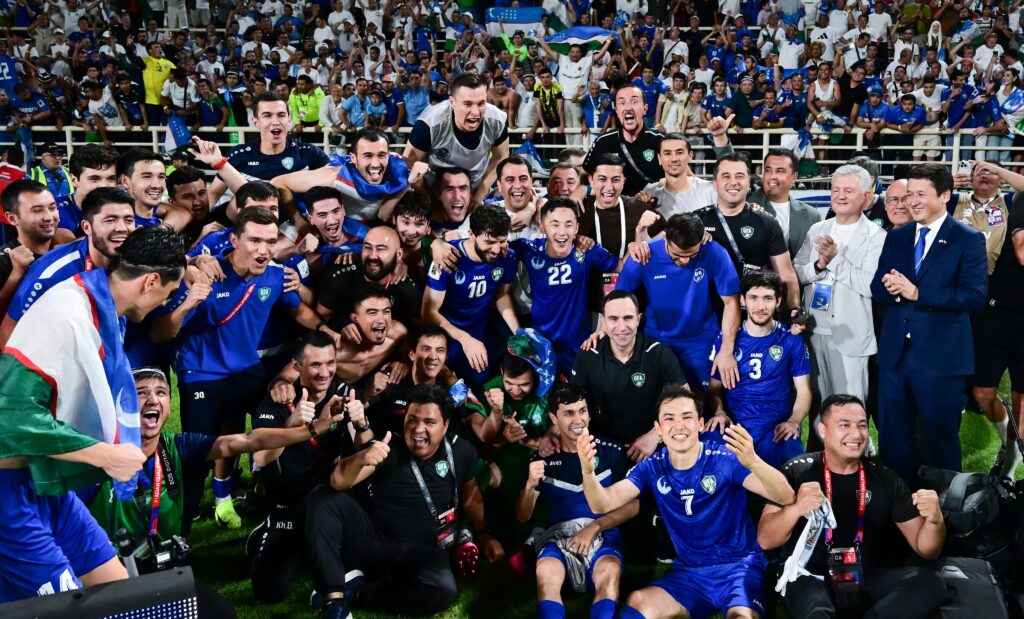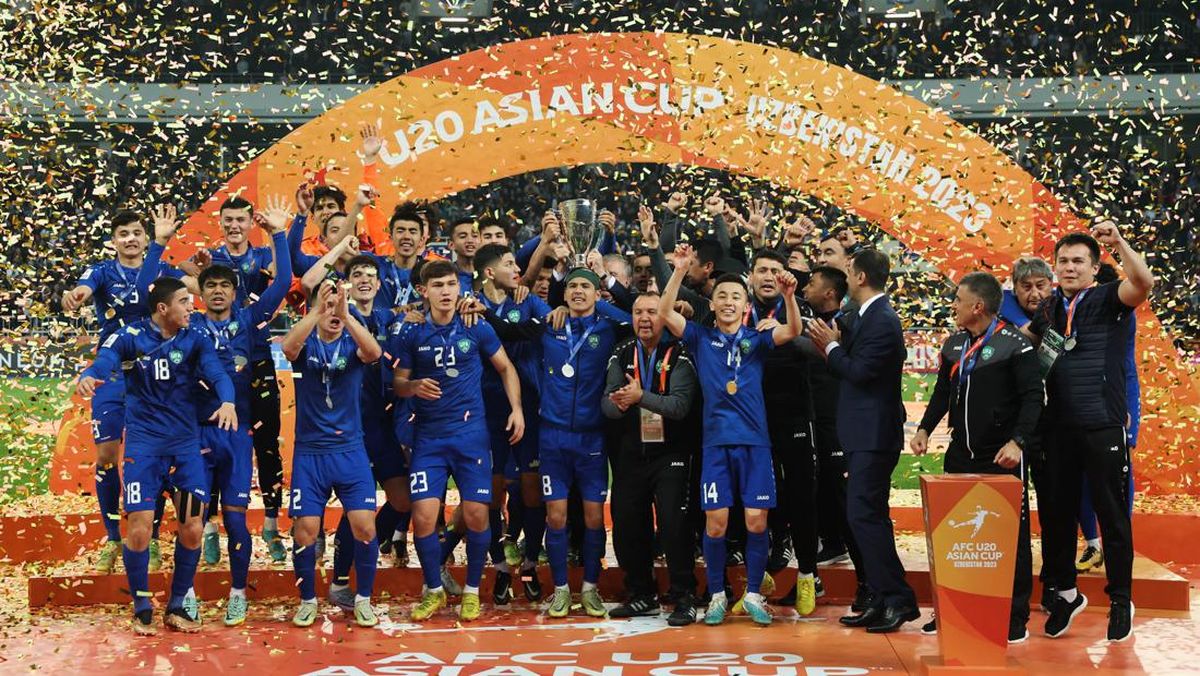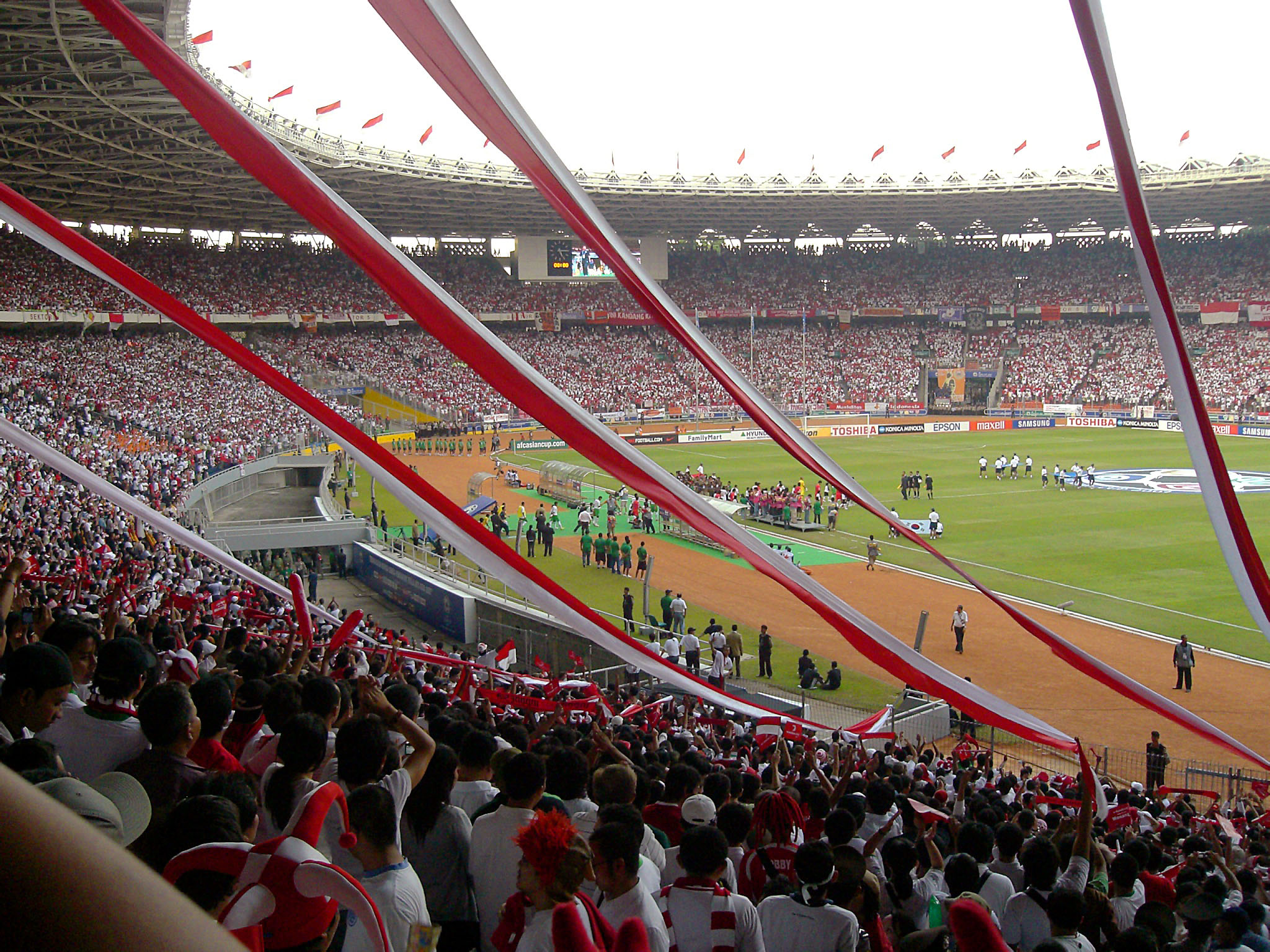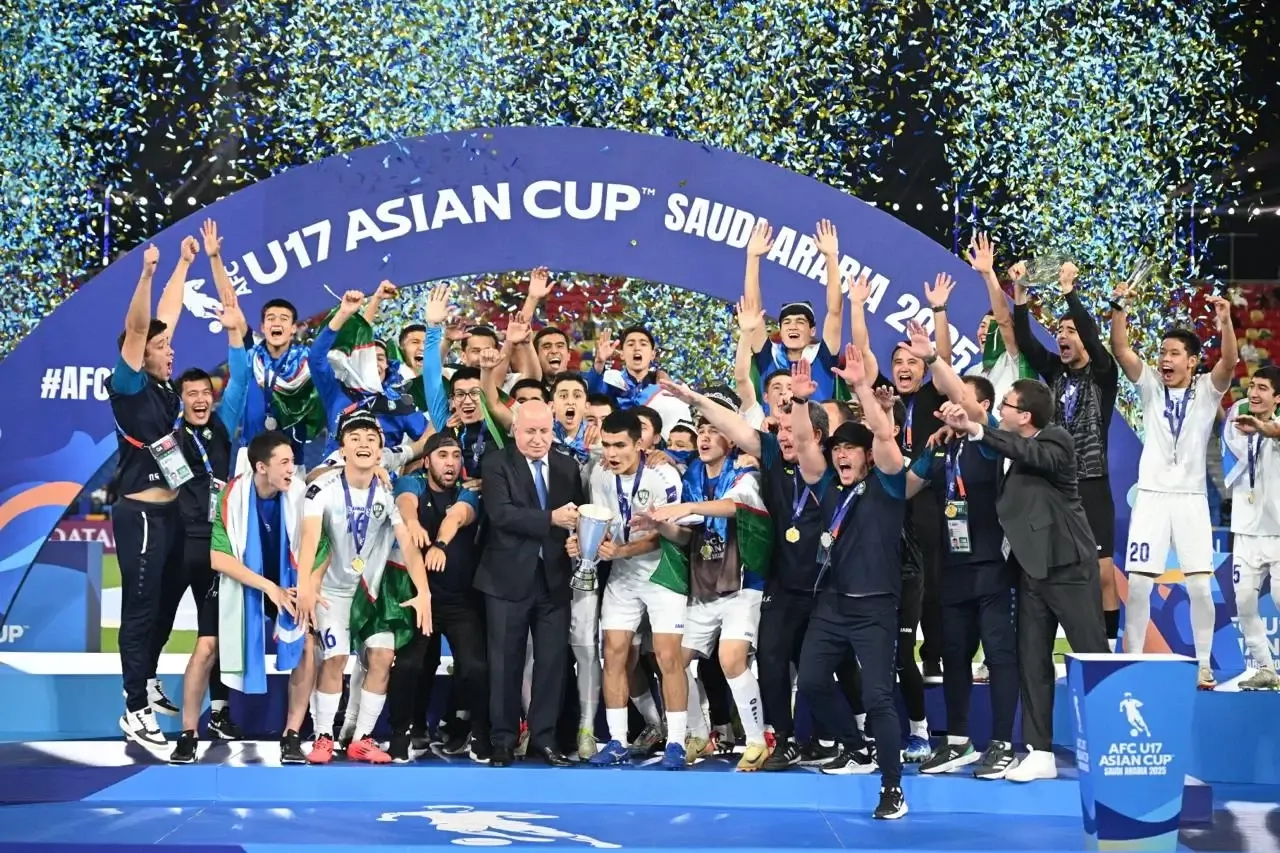Introduction
Uzbekistan Football World Cup 2026 is now a reality. In June 2025, the Central Asian nation made history by qualifying for its first-ever senior FIFA World Cup. This milestone was not a fluke but the result of a deep, strategic transformation that has repositioned the country as an emerging football power. In this case study, we break down the key structural changes, strategic decisions, and international breakthroughs that have made this revolution possible.

1. A Long-Term National Project
Since 2018, the Uzbekistan Football Federation (UFF) has implemented a national plan focused on:
- Restructuring the domestic league (Uzbek Super League): increased professionalization, financial control, and youth academy development.
- Massive coach education programs: in collaboration with the AFC and UEFA, certifying local coaches with C, B, and A licenses.
- Infrastructure investment: new training centers in Tashkent, Samarkand, and Namangan, plus a high-performance complex at Bunyodkor.
- Launch of a National Scouting Center (2020): to track youth talent across the 12 regions of the country.
2. Success in Youth Development
Uzbekistan has shown consistent results at U20 and U23 levels:
- Semifinalists in the AFC U23 Championship (2022, 2024)
- Qualification for Paris 2024 Olympic Games
- Asian U20 champions in 2023 (defeating Iraq in the final)
These results reflect a model focused on effective transition from youth to professional football.

3. Road to World Cup 2026 Qualification
Led by coach Timur Kapadze, Uzbekistan secured their historic qualification on June 5, 2025, after a goalless draw against the UAE in Abu Dhabi, with goalkeeper Utkir Yusupov delivering a heroic performance. Days later, they confirmed their second-place finish in Group A with a 3-0 victory over Qatar, with goals from Eldor Shomurodov, Igor Sergeev, and Aziz Turgunboev.
This result made Uzbekistan the first Central Asian nation to qualify for a senior World Cup. The achievement was celebrated with fireworks in Tashkent’s Bunyodkor Stadium in front of President Shavkat Mirziyoyev and international dignitaries attending the Tashkent Investment Forum.
President Mirziyoyev personally awarded the players with medals and even gifted them cars as a token of national gratitude. “This historic victory unites our people toward noble goals and inspires thousands of youth,” he stated.
The “Uzbekistan Football World Cup 2026” project is now in the spotlight across global football media and clubs.
4. Exporting Talent: Uzbek Players in Top Leagues
The impact of “Uzbekistan football World Cup 2026” is also visible through the rising number of Uzbek players transferred to competitive foreign leagues. One of the most remarkable examples is Abdukodir Khusanov (2004), who rose from local football to RC Lens and was then signed by Manchester City in 2025 for €40 million. At just 20 years old, he became the most expensive Uzbek player in history and a symbol of the country’s new football era.

Notable transfers include:
- Abbosbek Fayzullaev (2003) → CSKA Moscow (Russia), transferred in 2023 after excelling with Uzbekistan U20 and Pakhtakor.
- Eldor Shomurodov (1995) → Genoa (Italy), transferred in 2020 from Rostov; later played for Roma and Cagliari.
- Umarali Rakhmonaliev (2003) → Rubin Kazan (Russia), moved in 2023 from Bunyodkor.
- Rustam Ashurmatov (1996) → Gangwon FC (South Korea), transferred in 2022 from Lokomotiv Tashkent.
- Jaloliddin Masharipov (1993) → Al Nassr (Saudi Arabia), transferred in 2021 from Pakhtakor.
These moves have increased Uzbekistan’s presence in markets like Russia, South Korea, France, Saudi Arabia, and Malaysia. Uzbek players are now valued for their discipline, tactical intelligence, and technical base.
This international projection has grown even stronger since World Cup qualification, sparking growing interest from scouts, agents, and foreign clubs.
5. Uzbekistan’s Key Structural Pillars
- Strategic planning led by the federation
- Investment in training and sports technology
- Development of a clear national playing identity
- Commitment to youth and generational transition
- World Cup 2026 as a national milestone
Conclusion
Uzbekistan’s case shows that even countries without previous international success can transform their football reality through structure, planning, and commitment. At EFC, we believe these models are replicable and scalable, offering strong potential for federations, academies, and clubs aiming to grow.
🌐 Looking to design a long-term football strategy in emerging markets? Let’s talk — or connect on LinkedIn and follow our weekly insights.





